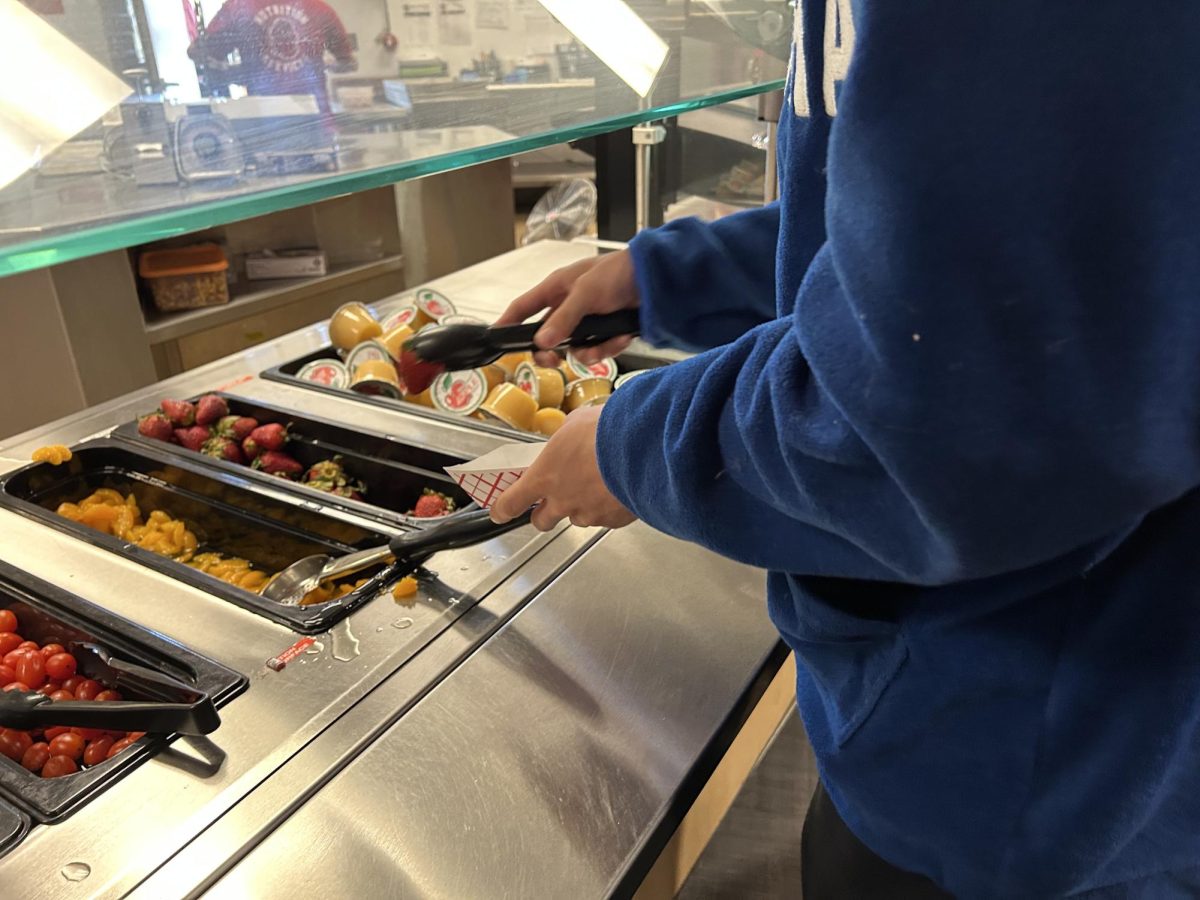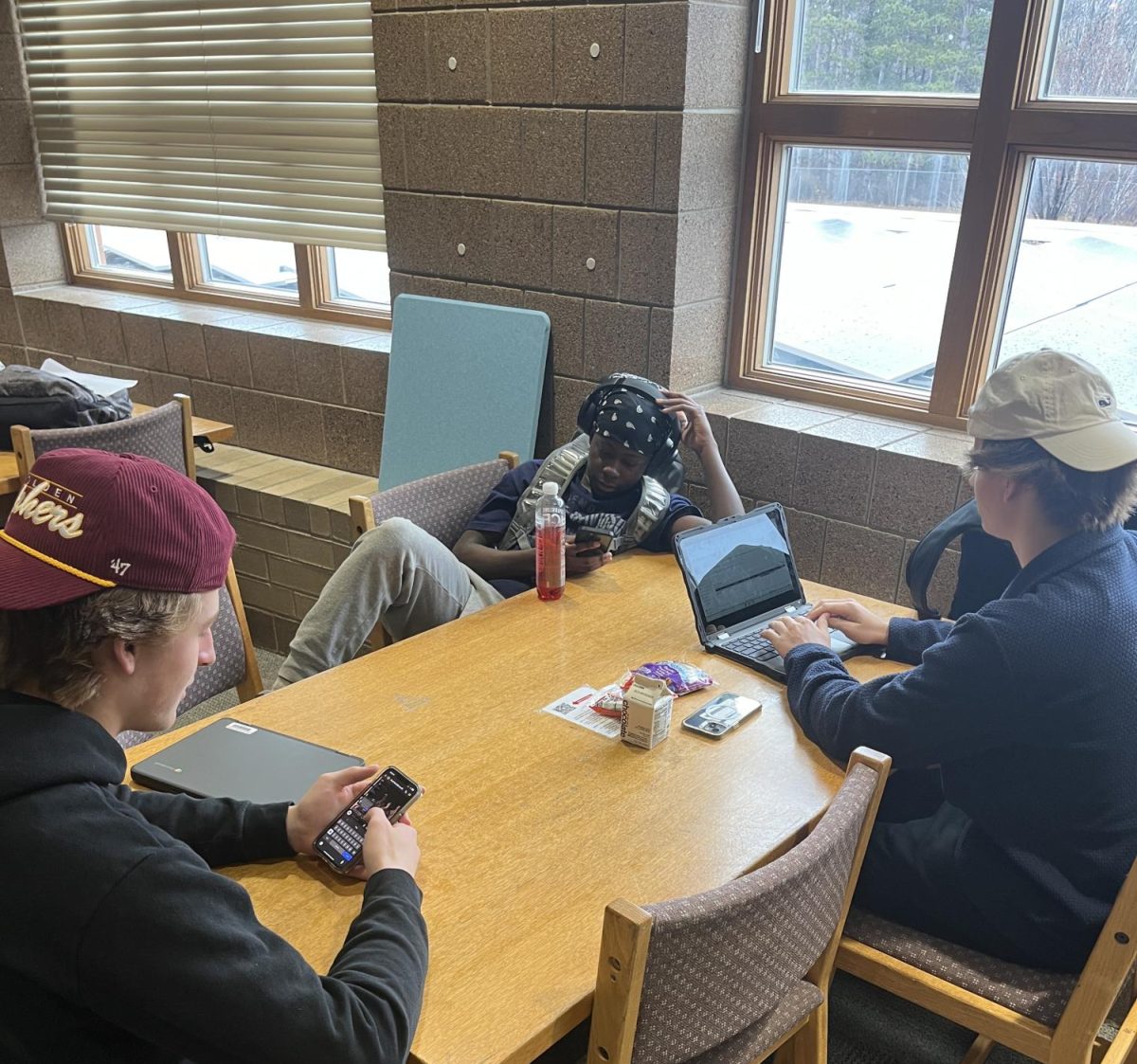Multiple programs set up during the COVID era are being canceled by the United States Department of Agriculture to focus more on long term food security solutions. Schools were notified 60 days in advance of the cutoff in early March. About $660 million will be cut across the nation. Communities across the nation are concerned their children will not get sufficient, nutritious foods from the schools. This potential problem should be addressed immediately so that the nation’s future generation does not starve.
Stillwater Area High School families should rest knowing these cuts will not affect the district. Kelley Linquist, Nutrition Services Department Manager, shared the district has a “strong fund balance,” in nutrition service. According to her, other proposed cuts will not impact the district. The district does not have to deal with any cuts taking place.
“It would greatly affect us financially if the state of MN decided to discontinue the free meals for all, but that has not happened as of yet,” Linquist explained.
Ditching the Local Food for Schools act and the Child Care Cooperative agreement is part of the USDA’s focus on retracting from short-term expenses to food security and climate resilience programs. Some farmers were excluded from the pandemic programs because they could not reach small, remote farms or minorities. Gaining access to these programs was a road of delays and confusion so removing funding from schools and local farmers might be redirected to those who have been left out.
“The COVID era is over – USDA’s approach to nutrition programs will reflect that reality moving forward,” a USDA spokesperson defending the cuts.
The problem with the cuts is they kept small local farmers stable. They and the low-income schools still lean heavily on these programs, and their removal will cause food insecurity for students in Minnesota and across the nation. For families in those low-income areas, it is already a problem for them to find well priced food. When these programs disappear, all the progress made during the pandemic could collapse for communities that have relied on them for so long. In Arlington, VA, Shannon Gleave, School Nutrition Association President, brought up how this will be critical to students’ health.
“These proposals would cause millions of children to lose access to free school meals at a time when working families are struggling with rising food costs,” Gleave added.
If the USDA continues to focus on long term agricultural work in replacement of food for children, the kids of the nation may not be able to focus on school or their futures when they have hungry bellies and weak bodies. Farmers may have to leave their businesses behind and everything they have built over the years. Despite the USDA wanting to shift to more long-term solutions, president Trump’s administration seems more focused on limiting spending and so it is not confirmed all this money will go over to programs like SNAP or WIC. Farmers and agriculture are the foundation of the United States’ economy and history. This change could impact the nations future by taking away from some of the United States’ most hard working citizens and their families.









